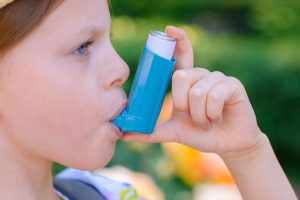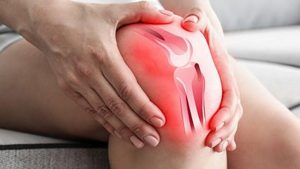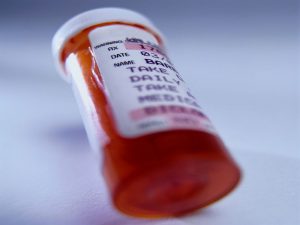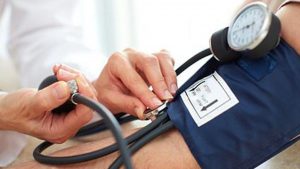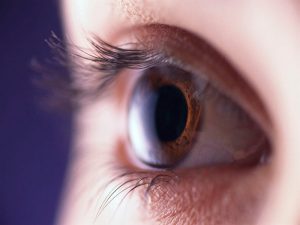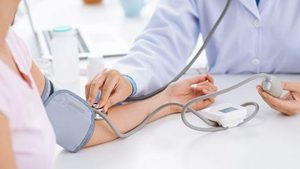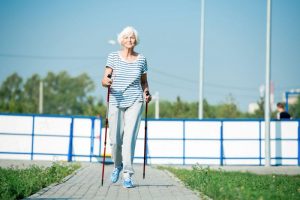
Healthy kids do better in school — something parents need to think about as they prepare for a new academic year. “As a parent and grandparent, I know that back-to-school time is a busy time. Yet, I encourage parents and students to be mindful of some health essentials to add to your to-do lists,” said Dr. Robert Redfield, director of the U.S. Centers for Disease Control and Prevention. “Getting a flu shot this fall, frequent hand-washing, and staying active all contribute to a healthier and more productive academic year,” he said in a CDC news release. Hand-washing with soap and water is one of the best ways to remove germs, avoid illness and prevent the spread of colds, flu and other diseases to others. At school, students should wash before eating; after using the toilet; and after blowing their nose, coughing or sneezing. Healthy eating and physical activity are also important. Most children consume nearly half their calories at school, making it an important place to learn and practice healthy eating habits. Physical activity can ease anxiety and help kids focus in school. Experts say children should get at least 60 minutes of physical activity a day. They point out that nearly 20% of U.S. kids are obese, making them more likely to have health problems such as asthma and high blood pressure, and to… read on >






















